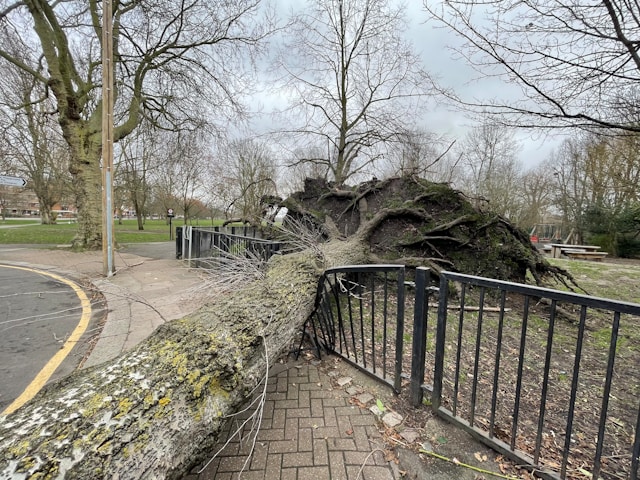
Becoming a legal expert requires commitment, tenacity, and thorough law knowledge. Lawyers, judges, and other legal professionals have in-depth knowledge of the law and the capacity to analyze complicated legal problems. Knowing the processes necessary to become a legal expert is crucial if you want to start along this academically rewarding route. A prime example of which is the multitalented personality of Dr. Abdelrazeg El Murtadi Suleiman.
Abdelrazeg was born in Al-gegab, Libya. He is a member of the Al Abidat tribe, one of Libya’s most prominent clans. He earned his L.L.B. in 1968 from the University of Benghazi in Libya, a Master of Law in 1971 from the University of Grenoble in France, and a Ph.D. in 1976 from the University of Paris I/Sorbonne in France.
Between 1976 and 2007, Abdelrazeg taught a wide range of courses in undergraduate and graduate programs at several different institutions, including public international law and petroleum law at the faculties of law of the universities of Benghazi and Tripoli, private international law at the faculty of law of the university of Tripoli and the Academy of Security Science, and diplomatic law at the Institute of Diplomatic Studies, Tripoli.
The critical step for becoming a lawyer is the education a lawyer receives. As mentioned above, the level of education of Abdelrezeg is a crucial outcome in the success of his legal career. In this article, we will guide you through the fundamental stages of this journey, from education to practical experience.
Undergraduate Education:
The first step toward becoming a legal expert is to obtain an undergraduate degree. Although most law schools do not have a set primary requirement, picking a major that fosters analytical thinking, excellent communication, and critical thinking is a good idea. Popular choices include political science, history, philosophy, or any other discipline encouraging a deep understanding of society, governance, and ethics.
Law School
After finishing your undergraduate studies, you should enroll in law school. One typically needs to complete a three-year Juris Doctor (J.D.) program to achieve this. Many legal topics are covered in the law school curriculum, including criminal law, contract law, and more. To get real-world experience, students also participate in legal clinics, internships, and moot court contests.
Bar Exam
Upon graduating from law school, aspiring legal experts must pass the bar exam in the jurisdiction where they wish to practice. The bar exam typically contains multiple-choice questions, essay questions, and occasionally a performance test to assess a candidate’s thorough understanding of the law. The exam differs in difficulty and subject matter depending on the jurisdiction, so it is imperative to prepare for this demanding evaluation adequately.
Practical Knowledge:
Although passing the bar test is significant, getting real-world experience is just as crucial for becoming a legal expert. Completing a practical training period, such as a clerkship or internship, under the supervision of more seasoned lawyers or judges is mandated in many jurisdictions for prospective lawyers. People can use this practical experience to put legal theory into practice and hone critical abilities like legal research, negotiation, and courtroom advocacy.
Specialization and Lifelong Learning
Legal competence frequently requires specializing in particular legal fields. Legal experts may decide to concentrate on areas like corporate law, criminal law, intellectual property, environmental law, or family law after getting some experience. Through seminars, workshops, and advanced degrees like a Master of Laws (LL.M.) or Doctor of Jurisprudential Science (S.J.D.) program, specialization demands ongoing education and keeping up with the most recent legal advances.
Lifelong Learning
The path to becoming a legal expert demands a dedication to lifelong learning. Staying current with legal advancements is vital because laws are constantly changing. Legal practitioners actively investigate new areas of law by reading legal publications, attending conferences, taking online courses, and participating in seminars. Legal experts keep their knowledge and skill throughout their careers thanks to their dedication to lifelong learning.
The road to becoming a legal expert is strenuous but worthwhile. It calls for a solid educational foundation, passing the legal exam, accumulating real-world experience, specializing, networking with other professionals, and a dedication to lifelong learning. Each stage builds on the one before it, encouraging the growth of legal knowledge and the capacity to handle challenging legal situations.






